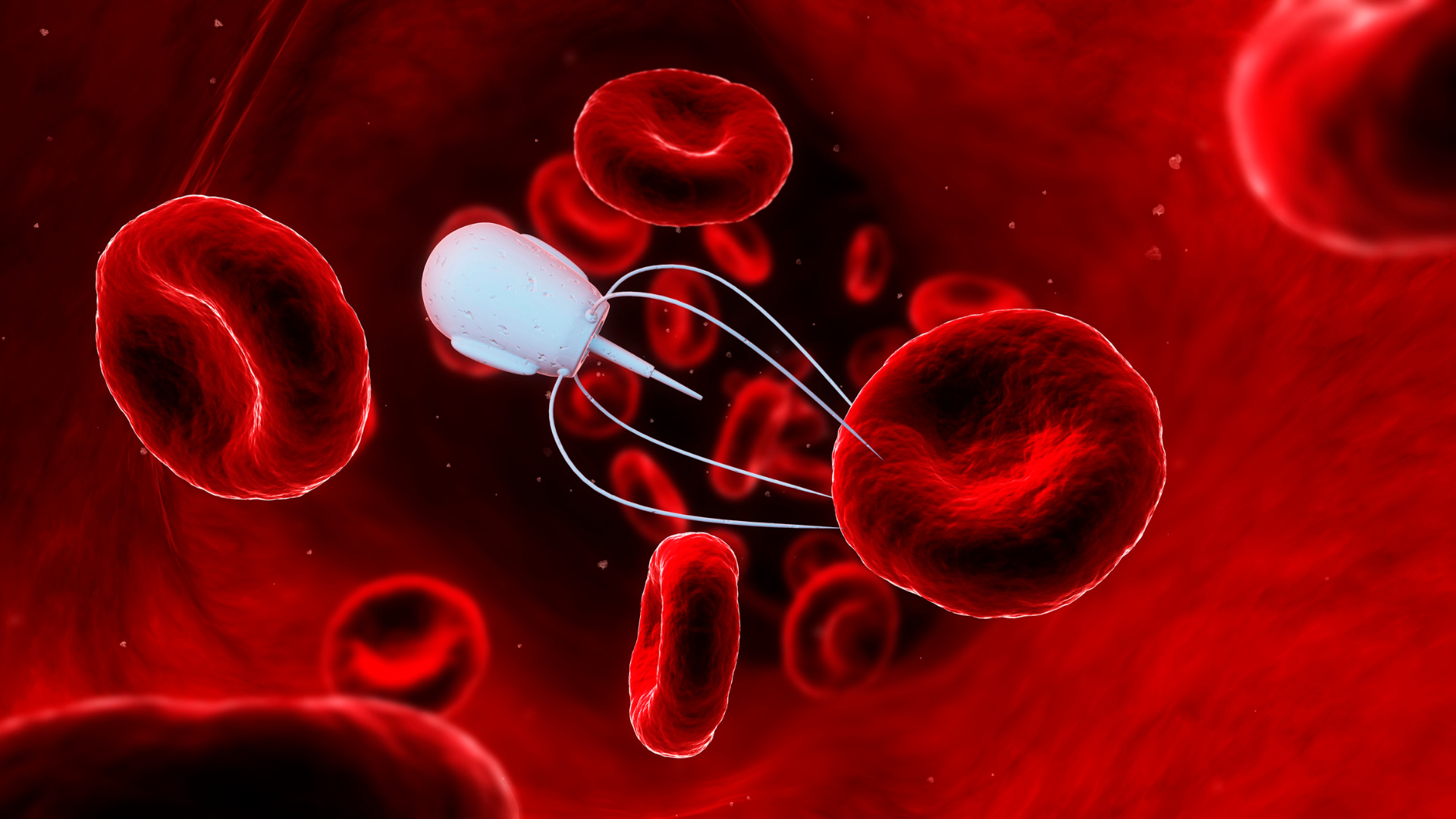How Can AI/ML Approaches Help Move Small Molecule Compounds Towards Regulatory Approval?

The validation of small molecule compounds for approval is an integral part of the pharmaceutical development process.
There is a healthy amount of interest in any new approach to approval which will accelerate the pipeline without compromising the stringency of checks from regulatory bodies such as the FDA.
AI-generated clinical and preclinical data is one major focus in this regard, and recent speakers at some of Oxford Global’s previous conferences have discussed the potential for the augmentation of clinical trials with AI data in order to streamline the developmental process.
- Three strategies for managing biologics formulation development
- What are the main challenges in biological molecule formulation?
- Celadon's medicinal cannabis facility awarded GMP registration by MHRA
Small molecule drugs have shown promise in combating everything from cancers to major depressive disorders: compounds are typically administered orally and work both within and outside of cells.
Although the developmental process has traditionally appeared separate for small-molecule compounds, it has converged with other compounds in recent years.
As such, the regulatory strategies for small molecule compounds go through similar stages of discovery and development.
Predictions of bioactivity and physical properties are some of the most important applications of machine learning (ML) and artificial intelligence (AI) in drug discovery.
Identification Issues in Small Molecule Compounds: Could AI Smooth Progress?
Since the process for target compound identification is lengthy, assays must be capable of screening large numbers of small molecule compounds within compound libraries over a short time period.
Selection of tests may depend on the type of compound, and small molecule drugs may require at least 30 studies during the discovery phase.
Data derived from AI/ML approaches is increasingly being seen as integral in helping to meet the requirements of discovery and phase I trials, allowing researchers to focus their time and resources on other elements further along the approval pipeline.
On average, less than 14% of drugs and small molecule compounds tested in phase I trials reach approval.
In this context, incorporating AI/ML approaches into the holistic identification lifecycle can help to improve the efficiency of a compound reaching the next stage of validation, streamlining the initial identification process.
Regulations are integral to consider in the selection of suitable AI/ML data criteria as they predicate relevant inclusion and exclusion criteria.
Get your weekly dose of industry news and announcements here, or head over to our Formulation portal to catch up with the latest advances in manufacture and therapeutic delivery.







